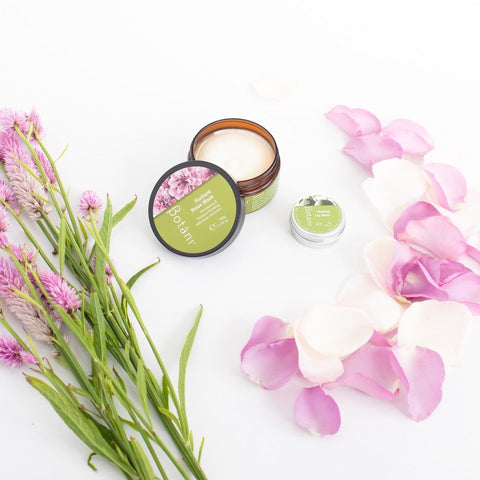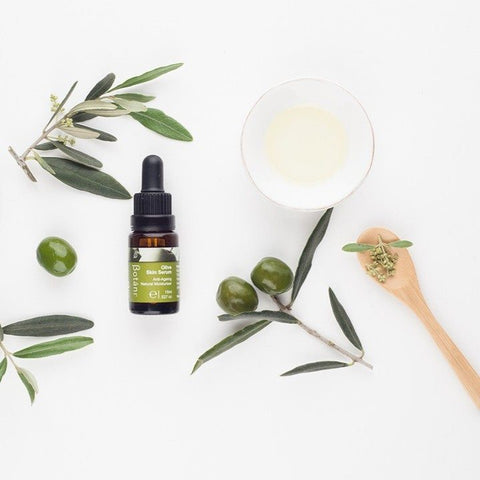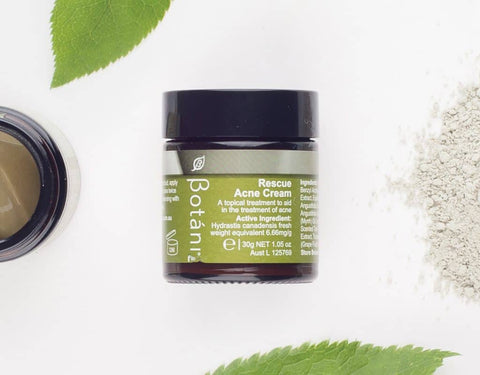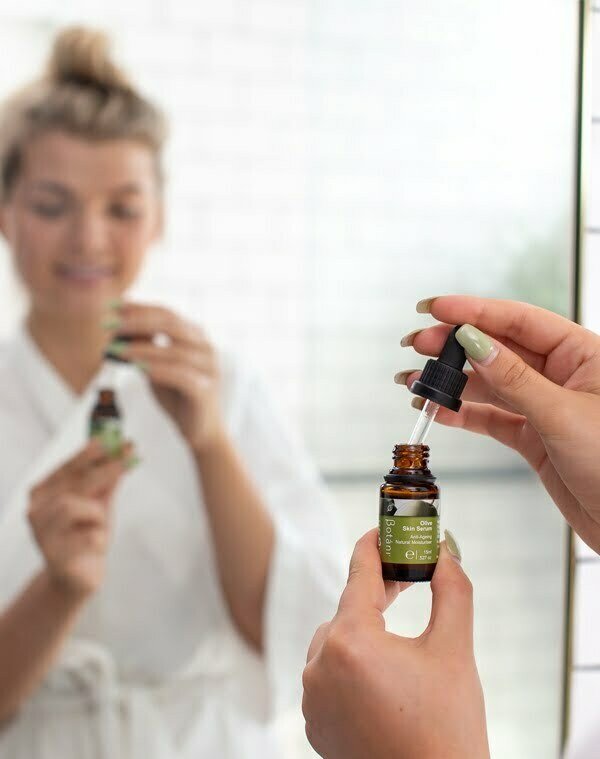Stress. Does anyone else suffer from anxiety? I for one, do. I know that stress can lead to many complications, so I make an effort to reduce it. As much as possible with a very jam packed life that is. Why is stress so bad? Well, along with weight issues, mental health concerns, and long-term effects on your physical health, stress can do a lot to your skin. Not sure how? Don’t worry, we’ll show you why stress damages your skin.

Inflammation
Also known as the arch-nemesis of women everywhere. It’s your body’s way of protecting itself from harm, but when it’s triggered too often, inflammation can have dire effects like pain, swelling, digestive problems, fatigue, and mental health issues.
When we are stressed, our bodies cannot distinguish between physical, psychological, emotional or environmental stress. So our body turns on the ‘inflammation’ function designed to protect us when we are under attack. Now, a little inflammation is fine, but when we turn it on over and over again? It shows in our skin.
The best thing you can do is naturally stress less, but that’s easier said than done, right? Instead, increase your water intake, focus on your breathing and treat yourself to a face mask. This works to penetrate your skin and heal it from within. As an added bonus, it’s an excuse for some rest and relaxation.

Dehydration
Our least favorite word here at Botany. We’re all about hydration because it keeps your skin supple and reduces the appearance of fine lines. So when does our skin become dehydrated? It does the opposite.
When our body is under stress, it triggers the release of cortisol, also known as fight or flight. As a result, we get a surge of adrenaline that makes us sweat. Oh the joys. When we sweat, we lose water. So too much stress can drain us. If we don’t dramatically increase our water intake, our skin will feel and look dehydrated.
Our top tip? Use our Olive Skin Serum liberally to start hydrating. Made from olive squalene, this miracle serum (if we do say so ourselves!) replicates the skin’s natural sebum responsible for hydration.

Excessive Oil Production
As we mentioned, when we are stressed, an increase in the hormone cortisol can cause excess oil production. Excess oil can lead to acne, eczema and psoriasis.
If you’re looking for an acne treatment, our founder has shared some expert advice:
“Don’t over-cleanse: over-cleansing isn’t going to remove your oil, so clear your acne! This strips the skin and interferes with the hydrolipidic layer (also known as the acid mantle, our skin’s natural barrier).” State of Barbara. “This layer is really important for protecting the skin from infections, irritations, allergic reactions and dehydration. Over-cleansing can leave the skin prone to further infections and breakouts, not to mention dehydration.”
So aside from over-cleaning, what can you do? The good news is that our Rescue Acne Cream works to treat acne breakouts one by one and has been shown to kill 99.9% of acne breakouts in just 30 minutes!

Brittle hair and nails
Along with skin concerns, stress can affect the health of your hair and nails. When we are in constant flight or fight mode (caused by excess cortisol), our body stops growing new hair and regenerating nail cells. Often, we hear about women losing their hair when they are stressed, but what is actually happening is that the normal amount of hair loss is not being replenished due to stress.
So what can you do? Our Skin & Hair Oil is a lightweight, non-greasy body and hair oil designed to protect your hair from environmental stressors while strengthening each strand naturally.
Our hand and body cream nourishes and protects your hair and nails. It is also an ideal treatment for eczema, psoriasis and dermatitis!

Above all, it’s important to identify your stressors and deal with them. Feel free to take a day off to Netflix like a boss, take a relaxing bath, and indulge in some high-quality self-care.
Stay warm!
Marissa h
